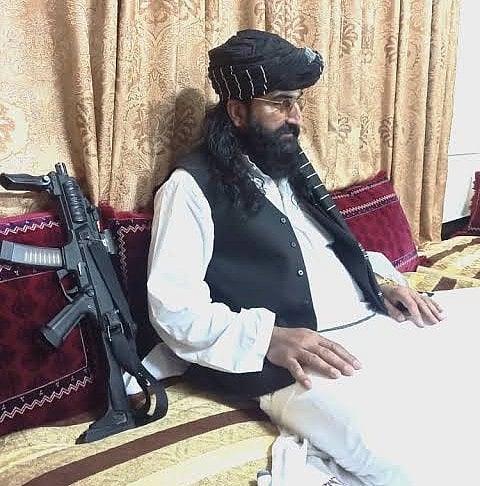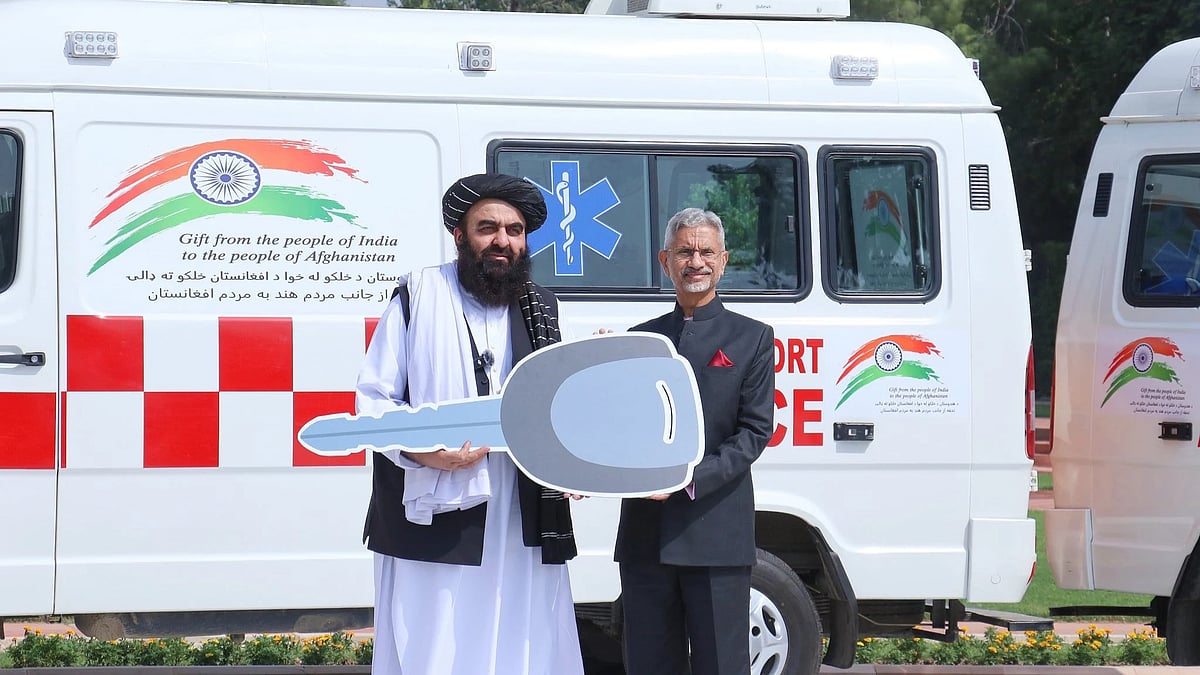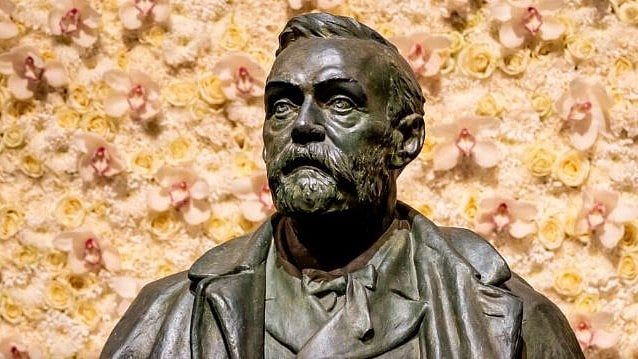Pakistan reportedly launched airstrikes in Afghanistan's capital city Kabul on late Thursday evening (October 9). The attack turned all the attention towards Tehreek-e-Taliban Pakistan (TTP) chief Mufti Noor Wali Mehsud, who was reportedly targeted in the alleged operation.
According to Afghan's Tolo News, an audio message attributed to Mehsud started doing the rounds on social media on early Friday, wherein he can be heard refuting reports of his death or disappearance. Earlier, several reports claimed that the TTP chief had been killed in the attack, adding to the confusion surrounding the airstrikes.
The Taliban government confirmed that an investigation into the attack is underway; however, it has not released any details on the casualties or damage caused by it. The timing of the attack coincides with Afghanistan's acting Foreign Minister Amir Khan Muttaqi's official visit to India, where he is scheduled to meet External Affairs Minister S Jaishankar.
Who is Mufti Noor Wali Mehsud?
Mufti Noor Wali Mehsud, also known by his nom de guerre 'Ghar Starga' (Hill's Eye), was born June 26, 1978 in Machikhel Zafarkhel, a sub-clan of the Mehsud tribe in South Waziristan. As per a report by the Pakistan Institute for Peace Studies (PIPS), Mehsud received extensive religious education at seminaries in Faisalabad, Gujranwala, and Karachi, and later taught at a madrassa in his home district.

An old image of Mufti Noor Wali Mehsud. | X/@BigShotKitty
A religious scholar by training and a prolific writer, Mehsud is regarded as both an ideologue and a battlefield commander within jihadist circles. His militant trajectory reportedly began in the 1990s, when he fought alongside the Afghan Taliban in Mazar-i-Sharif and Jabal-ul-Siraj. After the US invasion of Afghanistan in 2001, he re-entered the country as part of Maulana Mirajuddin’s convoy to resist American forces.
Mehsud joined the TTP in 2003 and played an active role in the group’s resistance to Pakistan’s military operations in South Waziristan. He held multiple key positions within the organisation, including deputy to its founding chief Baitullah Mehsud, qazi (judge) in the group’s judicial system, and head of TTP’s Karachi chapter from 2013 to 2015. He later became deputy to Khalid Mehsud, also known as Khan Said Sajna, and assumed leadership of the Mehsud faction after Sajna’s death in a 2018 drone strike. That same year, following the killing of Maulana Fazlullah, Mehsud was appointed as the overall TTP chief by the group’s central shura (executive council).
Mehsud Listed in Al-Qaida Sanctions and ISIL by UNSC
The United Nations Security Council (UNSC) lists Mehsud under its ISIL (Da’esh) and Al-Qaida Sanctions List (QDi.427), citing his involvement in “financing, planning, facilitating, or perpetrating acts” in support of entities associated with Al-Qaida.
Under his leadership, the TTP claimed responsibility for multiple attacks across Pakistan, including operations targeting security forces in North Waziristan and Khyber Pakhtunkhwa in 2019. As of November 2022, the UNSC identified him as being based in the Paktika Province of Afghanistan.
Also an Author, Ideologue and Strategist
Beyond his operational role, Mehsud has positioned himself as an ideologue within Pakistan’s militant landscape. His 2017 book, 'Inqilab-e-Mehsud: South Waziristan – From British Raj to American Imperialism', offers a rare insider account of the TTP’s origins and objectives. In the book, he claimed responsibility for the 2007 assassination of former Prime Minister Benazir Bhutto, alleging that she intended to collaborate with the United States "against the mujahideen" if returned to power, according to the PIPS report.
As per his book, Mehsud defines his campaign as a form of "defensive jihad", portraying Pakistan's military operations as provocations against tribal honour and Islamic resistance. His writings also suggest an intent to strengthen alliances between the TTP, Al-Qaida, and other militant factions operating along the Afghanistan-Pakistan border.
Mehsud’s ideology merges elements of Islamist militancy and Pashtun tribal nationalism. While grounded in Deobandi religious thought, his rhetoric frequently invokes 'Pashtunwali', the traditional Pashtun code, to justify armed resistance. PIPS reported also noted that he has, at times, expressed ethnic resentment against the Punjabi-dominated Pakistani state and army, even while recruiting Punjabi jihadists into the TTP’s ranks.
Despite the TTP’s diminished strength, Mehsud’s leadership has been marked by efforts to reunify splinter factions and revive the group’s influence in Afghanistan and Pakistan.








